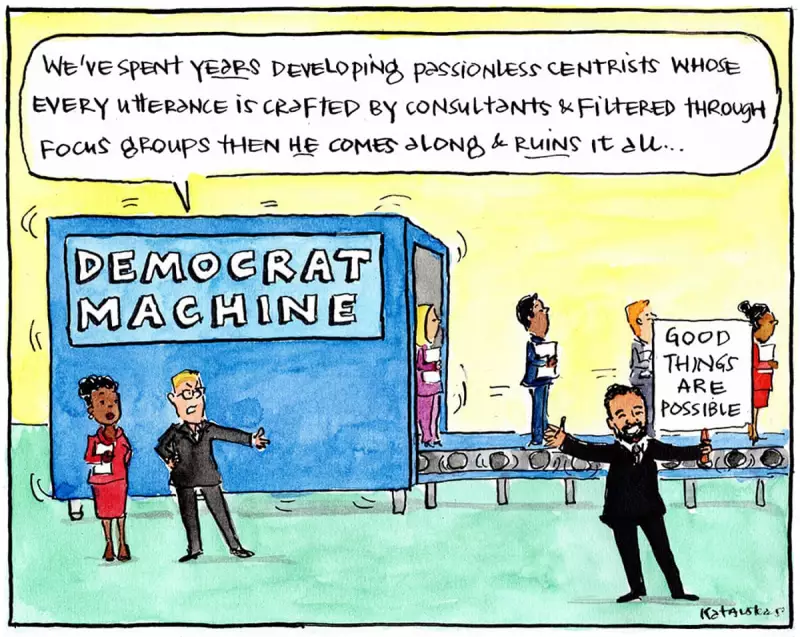
In a political earthquake that has sent shockwaves through the Democratic establishment, Zohran Mamdani achieved what many considered impossible: he dismantled the very machinery that has controlled New York politics for generations. This isn't just another election victory—it's a blueprint for progressive insurgency that could redefine American democracy.
The Unlikely Revolutionary
Mamdani, a democratic socialist and housing organiser, didn't just challenge the status quo; he systematically dismantled it. His campaign became a masterclass in how to overcome overwhelming institutional opposition through people-powered politics.
What made his victory particularly remarkable was the sheer scale of establishment forces arrayed against him. Traditional power brokers, wealthy donors, and party leadership all united to stop his ascent, yet he prevailed through a combination of strategic brilliance and genuine grassroots engagement.
The Strategy That Broke the Machine
Mamdani's approach represented a fundamental shift from traditional Democratic campaign tactics:
- Deep community organising rather than reliance on big-money donors
- Policy-driven messaging that spoke directly to material needs of constituents
- Coalition building across diverse progressive movements
- Refusal to compromise on core principles despite establishment pressure
A New Political Paradigm
This victory signals more than just one politician's success—it represents the maturation of a new political model that could have national implications. The traditional Democratic machine, built on patronage and incrementalism, now faces an existential threat from its left flank.
The significance extends far beyond New York's borders, offering a template for progressive candidates nationwide who seek to challenge entrenched power structures without sacrificing their political ideals.
The Road Ahead
Mamdani's triumph raises crucial questions about the future of the Democratic Party. Can the establishment adapt to this new political reality, or will it continue to resist the very forces revitalising its base? The answer may determine the party's viability for a generation.
As other progressive candidates study Mamdani's playbook, the Democratic machine faces a stark choice: evolve or become obsolete in the face of a movement that has learned to win on its own terms.






